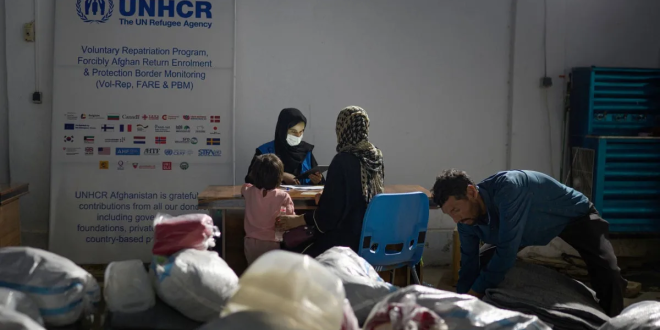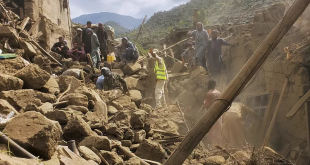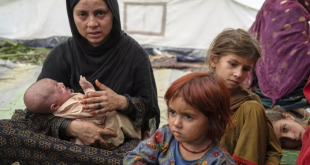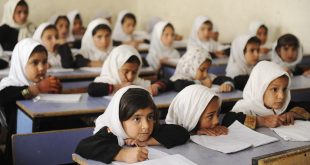KABUL – The United Nations has warned that new restrictions imposed by Afghan authorities barring female staff from work are crippling life-saving aid efforts. The move has already forced the closure of eight UN refugee centers and is stalling earthquake relief for tens of thousands in desperate need.
UN officials confirmed that armed guards have been stationed outside key offices in Kabul, Herat, and Mazar-i-Sharif, blocking Afghan women employees from entering. The UN said this unprecedented clampdown “puts at serious risk” humanitarian operations across the country, including food distribution, medical care, and shelter for earthquake survivors.
“This restriction demonstrates that we cannot work without female staff in certain circumstances,” said Arafat Jamal, UNHCR’s representative in Kabul. “The decision to shut our returnee centers, which normally assist 7,000 people a day, was not political—it was simply unavoidable. And it is already creating enormous suffering.”
The closures come at a critical moment. Afghanistan is still reeling from the devastating 31 August earthquake, which killed and injured thousands, while facing mass deportations from Pakistan and Iran that have pushed nearly 100,000 Afghans back across the border in just one week.
UN officials fear the restrictions could spook international donors, warning that without women on the ground, aid cannot be delivered fairly to both men and women. “If donors conclude that non-discrimination is no longer possible in Afghanistan, funding could collapse—and with it, millions will lose access to aid,” one UN official cautioned.
Richard Bennett, the UN’s special rapporteur on human rights in Afghanistan, said the measures show why Kabul cannot be treated as a normal government. “Blocking women from supporting communities in crisis undermines the very foundation of humanitarian assistance,” he said.
Unless Afghan authorities reverse the ban, agencies including UNICEF, WFP, and UNHCR warn they may be forced to suspend their operations altogether—threatening to cut off lifelines for earthquake victims, refugees, and vulnerable families at the moment they need them most.
 Afghanistan Times
Afghanistan Times




